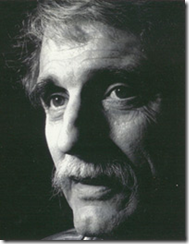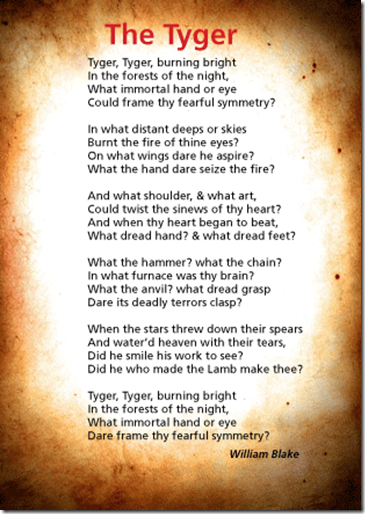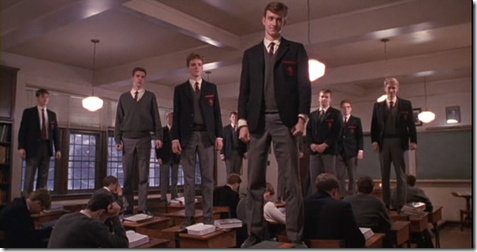Memorizing phone numbers: An artifact of bygone days
/My aunt sent a text message to the family this week informing us that her landline phone number was no more.
It was a phone number that I have known since I was a boy (41 years according to her), and it's one of the last phone numbers that I know by heart
I know Elysha's phone number.
I know our own landline number.
I know my father's phone number, which is also a landline (as far as I know, he has never owned a cell phone).
I don't actually know my phone number most of the time without looking at my phone.
I know my friend Jeff's phone number, only because I use his name and number whenever I take out a golf cart. In the event that something goes wrong, they will come after Jeff instead of me.
I know my friend Bengi's landline and his parent's landline numbers, if those landlines still exist. I haven't called either one in more than a decade.
I know the phone number of the parents of my high school girlfriend, though I'm not sure if that landline still exists, and she and her father have since passed away (and it kills me all over again just to write those words).
I know the phone number of the school where I have worked for 20 years, and I can recall the number of two of the McDonald's restaurants where I once worked (one in Milford, MA and one in Hartford, CT), though I can't confirm that those landlines still exist.
That's it, I think.
Twenty years ago, I knew dozens of numbers. As a teenager and young adult, I probably knew well over 100 phone numbers by heart. Friends, family, and businesses that we called often.
I remember loving my grandparent's phone number: 883-8642. So simple to remember. As a boy, I wondered how they tricked the phone company into giving them such a good number.
I remember memorizing my own childhood phone number, 883-8309, at a table just outside Mrs. Dubois's kindergarten classroom with Mrs. Carroll, the woman who also taught me to tie my shoes.
Back then, area codes existed by were largely irrelevant, used only if you were calling a distant number.
I still have old phone books filled with the phone numbers of my friends. One of these books contains close to 200 phone numbers. Friends who I called all the time, back in a day when plans were made and then executed without any adjustments because once you had left the home, communication was impossible until you were face-to-face with your friends.
Back then, "Meet me at 7:15 in the parking lot of the Stop & Shop" meant something.
I'm guessing that not a single one of those numbers in those books still exists today.
It's not that I'd prefer to go back to a day when phone numbers were written in books and memorized. While that time feels nostalgic and lovely to me, there's nothing advantageous to the nostalgia. There's nothing positive about filling your mind with seven digit numbers.
Even talking on the damn phone can be a pain in the ass.
Conversely, I can see a multitude of benefits to a childhood spent without cellphones (a fact about my childhood for which I will be eternally grateful), but if human beings are going to have phones in our pockets, we might as well have a means of storing phone numbers by name.
Still, I'm saddened by the news that my aunt's phone number is no more. It was a tiny piece of my childhood that still existed in today's world: a pristine artifact from a time long gone that has now succumbed to the relentless wheel of progress.
Goodbye 883-8120. My aunt says she had that number for 41 years, and I probably knew that number for most of them.
I suspect that it's a number I will always remember, even if dialing it will no longer cause a phone on the wall of my aunt's kitchen to ring.



